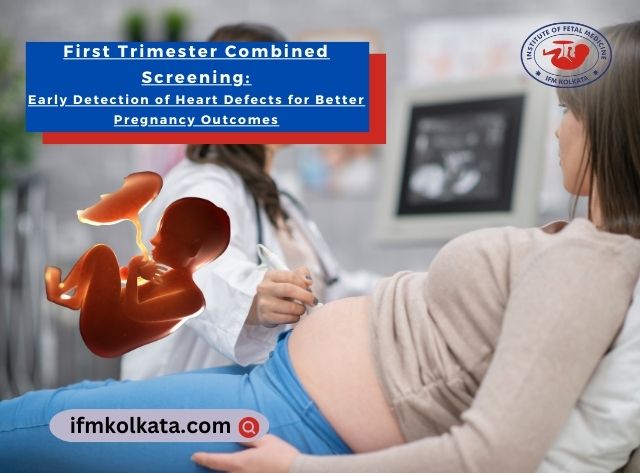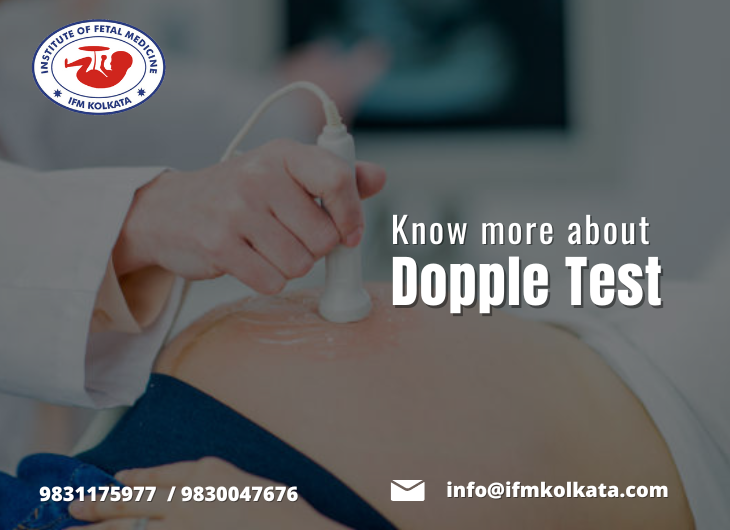First Trimester Combined Screening (FTCS) is a crucial prenatal test conducted between 11 to 14 weeks of pregnancy to assess the risk of chromosomal abnormalities like Down Syndrome (Trisomy 21), Edwards Syndrome (Trisomy 18), and Patau Syndrome (Trisomy 13). This non-invasive screening combines a blood test and nuchal translucency (NT) ultrasound to provide essential insights into the baby’s health.
At our fetal medicine center in Kolkata, we offer advanced prenatal screening conducted by expert fetal medicine specialists to ensure early detection and timely intervention.
What Does First Trimester Combined Screening Include?
FTCS consists of two key components:
1. Nuchal Translucency (NT) Scan
This specialized ultrasound measures the fluid-filled space at the back of the baby’s neck. An increased NT measurement may indicate a higher risk of chromosomal abnormalities or congenital heart defects. The anomaly scan in Kolkata and fetal echocardiography in Kolkata may be recommended for further evaluation.
2. Maternal Blood Test
A blood sample is analyzed for two pregnancy-related proteins:
✔ Free Beta-hCG: Higher levels may indicate an increased risk of chromosomal conditions.
✔ PAPP-A (Pregnancy-Associated Plasma Protein-A): Low levels may be linked to genetic disorders.
The results of these tests, combined with maternal age and other risk factors, help assess the likelihood of chromosomal abnormalities.
Why is First Trimester Screening Important?
- Early Risk Assessment: Detects potential genetic conditions in the first trimester.
- Non-Invasive and Safe: No harm to the baby or mother.
- Helps in Decision-Making: Parents can opt for further prenatal diagnostics in Kolkata, such as Non-Invasive Prenatal Testing (NIPT), Chorionic Villus Sampling (CVS), or Amniocentesis, if needed.
- Guides High-Risk Pregnancy Care: If a high risk is detected, specialized maternal-fetal care in Kolkata can be planned.
Who Should Get This Screening?
FTS is recommended for all pregnant women, particularly those:
✅ With a history of chromosomal disorders
✅ Who have had abnormal ultrasound findings
✅ Who want early insights into fetal health
Expert Fetal Care in Kolkata
Our fetal diagnostics center in Kolkata offers state-of-the-art pregnancy health screening and fetal growth monitoring under the guidance of the best fetal medicine doctor in Kolkata. If necessary, our experts also provide genetic counselling in Kolkata to help parents understand their options.
Book Your Screening Today!
Ensure the best fetal care in Kolkata with First Trimester Combined Screening at our fetal medicine clinic in Kolkata. Schedule your appointment with our high-risk pregnancy specialist in Kolkata for expert evaluation and peace of mind.
Your baby’s health starts with early detection and the right care. 💙


